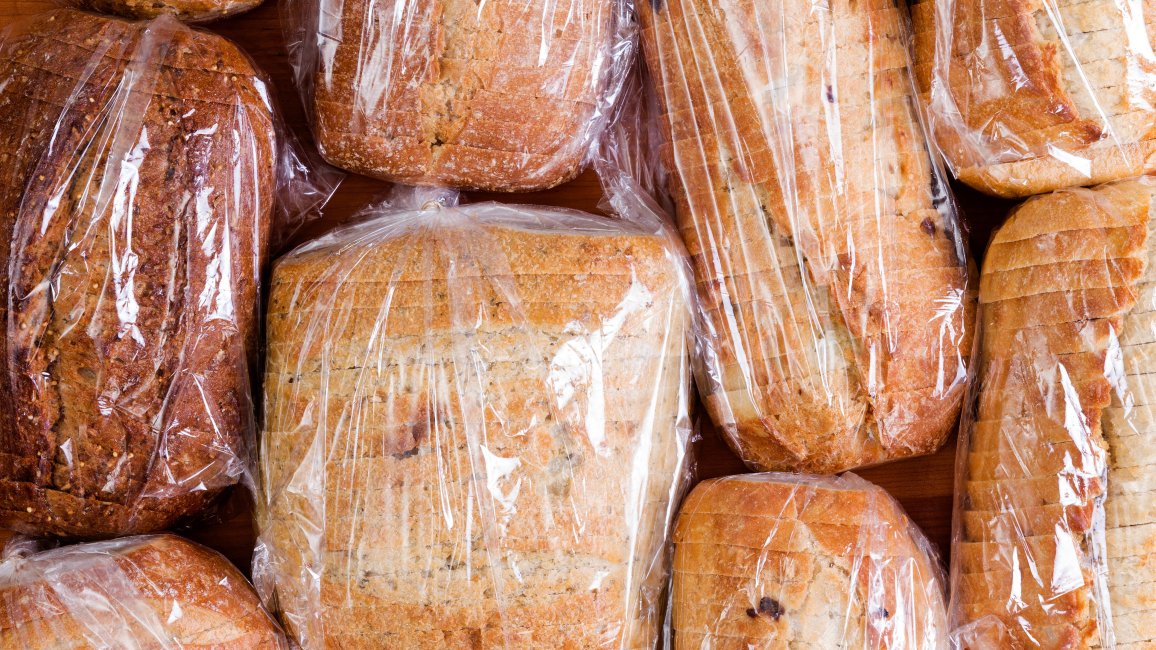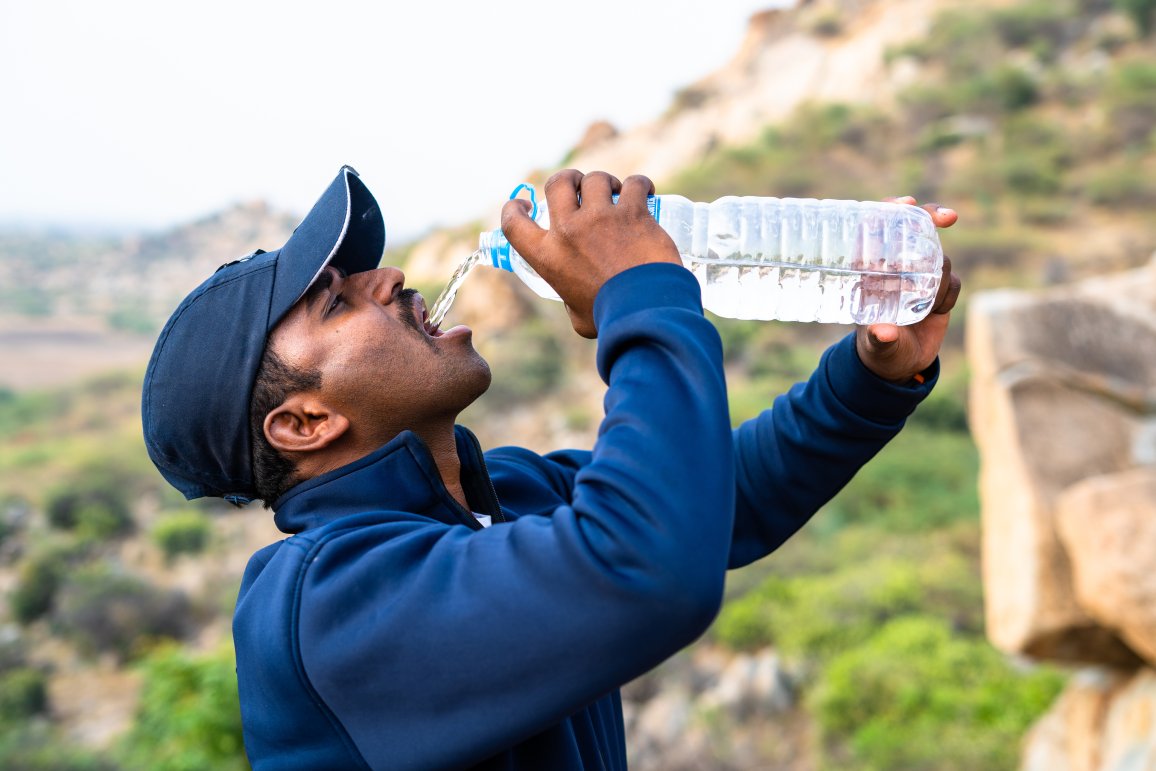How packaging contributes to protection and supply
With the "Global Food Safety Day" on June 7, 2024, the United Nations is drawing attention to the importance of this topic. Clean food is crucial for health and development. Packaging plays a central role in this - it ensures the protection, hygiene and shelf life of food and liquids, and often makes them accessible to consumers in the first place. Interview with Dr Sieglinde Stähle, scientific director at the Food Federation Germany.

Packaging is particularly important for perishable foods such as bread.
Dr Sieglinde Stähle, in your opinion, how important is packaging really for food safety?
Unpackaged food generally has a shorter shelf life than packaged food because it is exposed to environmental influences without packaging and therefore spoils more quickly. Some foods cannot be transported at all without packaging and therefore cannot be sold, e.g. soft fruits. In many packaging concepts, packaging makes a decisive contribution to preventing premature spoilage and thus maintaining quality and safety, for example in the case of milk and dairy products or sliced bread.
What are the main functions of food packaging?
Food packaging has many functions. It protects food from spoilage, from light and moisture, from contamination and damage. And they do this both on the way from the manufacturer to the supermarket and from there to the consumer's home. Packaging must also provide consumers with valuable information, such as the filling quantity, list of ingredients, best-before-date and nutritional table. In addition, different packaging sizes mean that different quantities can be offered, from individual to bulk packaging, so that consumers can shop according to their actual needs and food waste can be reduced.

Bottled drinking water is what makes the supply of clean, safe water possible in the first place in many regions.
Assuming appropriate quality and disposal: What role does plastic packaging play in food safety?
Plastic is an enormously versatile material for packaging, which is why it is the material of choice for many food packaging concepts. Plastics play an indispensable role in the functionality of flexible, multilayer and rigid packaging or as transport packaging. The regulations for plastics for food contact ensure suitability and safety.
Plastic is generally reusable and easy to recycle. Glass, for example, requires more energy to produce and paper bags are only better than plastic bags if they are used several times. The raw material for plastic is usually crude oil. The prerequisite for recycling is a contribution from the consumer. Packaging materials containing plastic are not residual waste but recyclable material and must be returned to the plastic recycling cycle through proper separation and collection and should not end up carelessly in household waste or even in nature.
What role do recyclable PET bottles, for example, play in the supply of safe drinking water? Also, regarding regions with inadequate infrastructure or in crisis areas?
Bottled drinking water is what makes the supply of clean, safe water possible in the first place in many regions and especially in crisis areas. Drinking water can be stored, transported and made available quickly when needed. PET bottles are also a suitable concept: they are lightweight, safe, unbreakable and recyclable.
Do you like our texts? Perhaps even so much that you want to use them in your own media? Then please get in touch with us beforehand!
